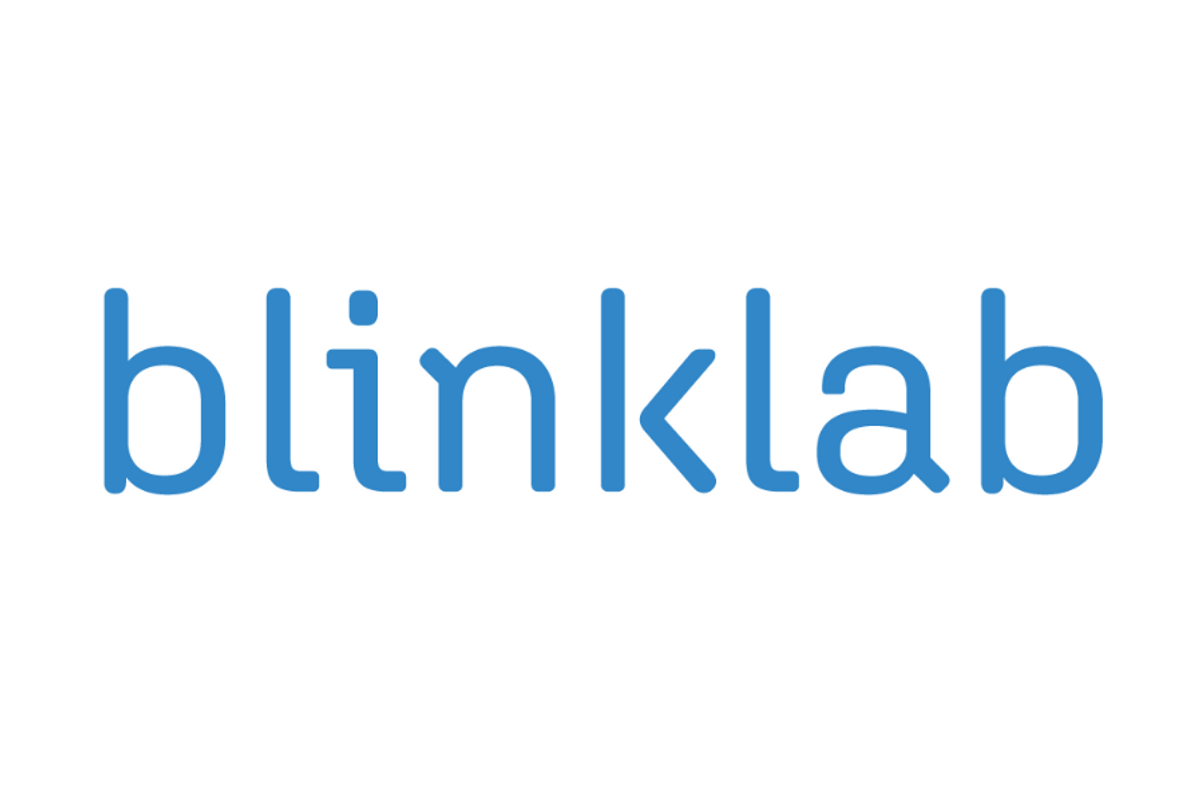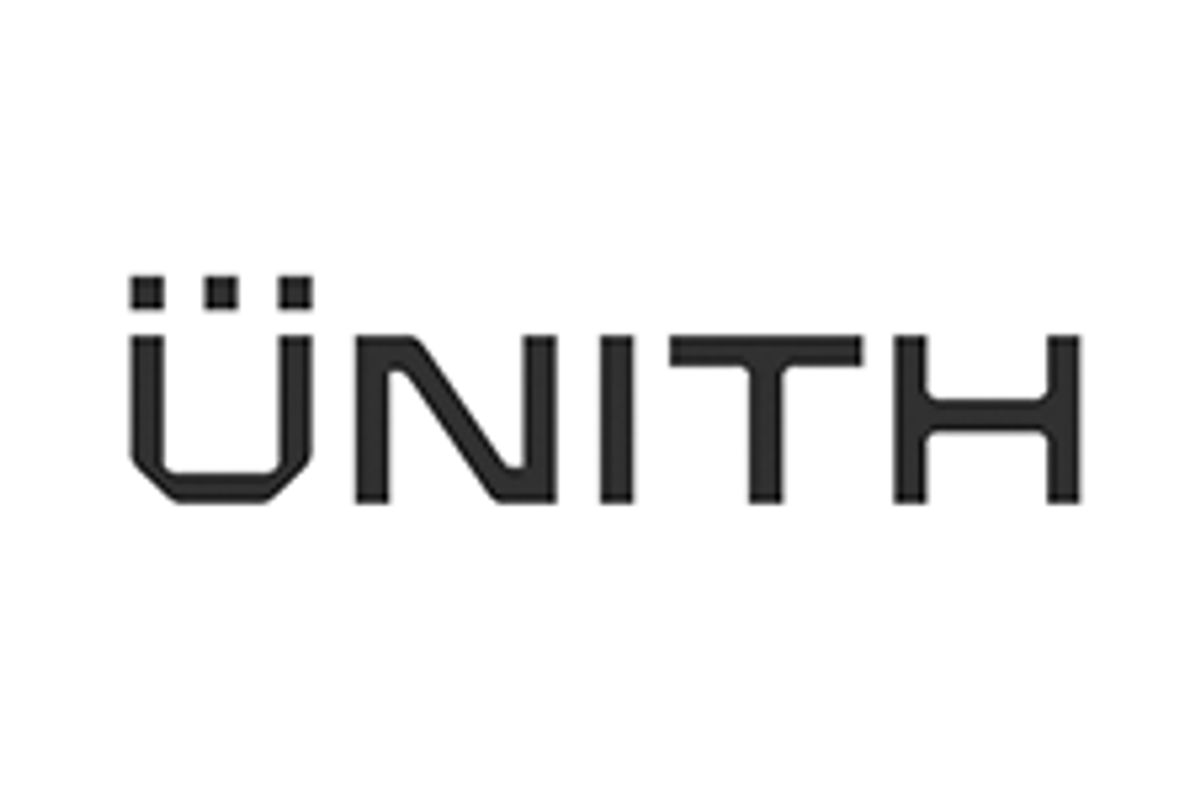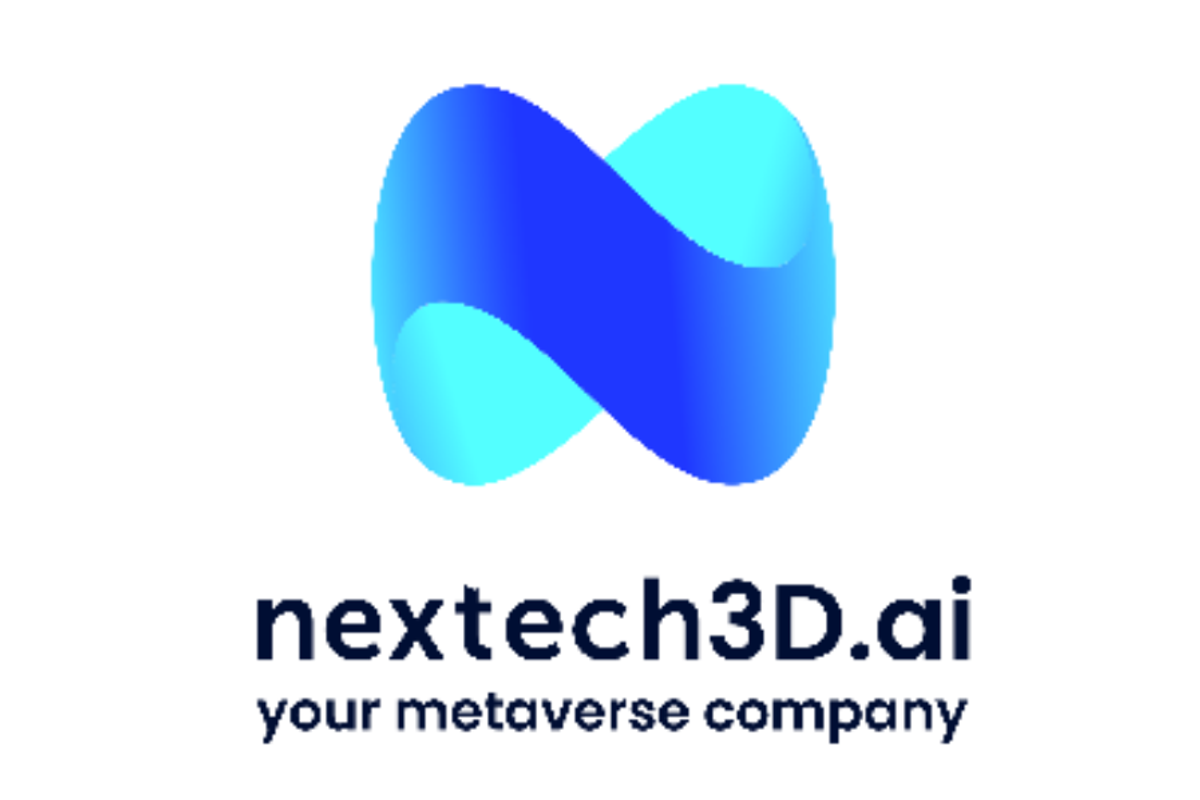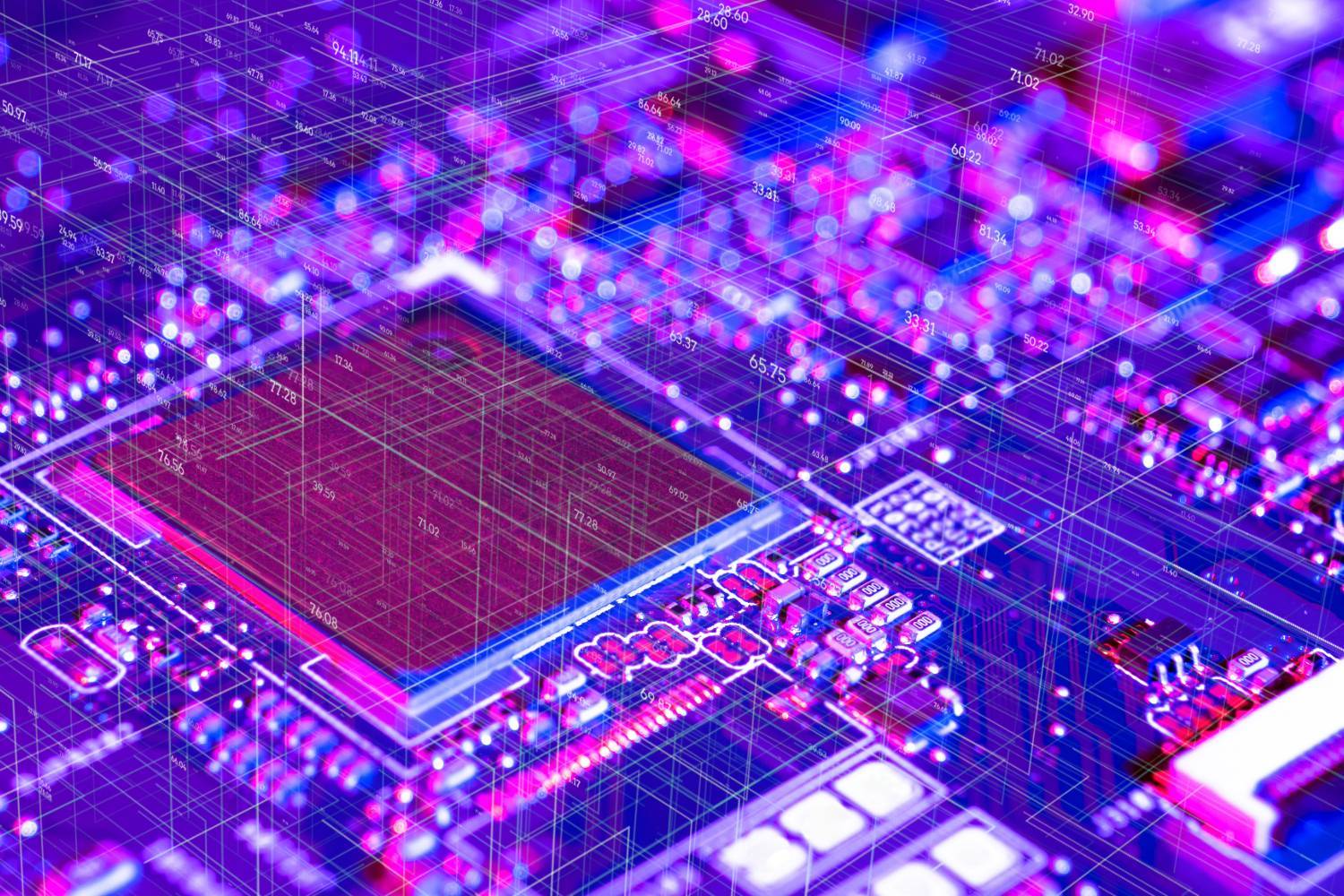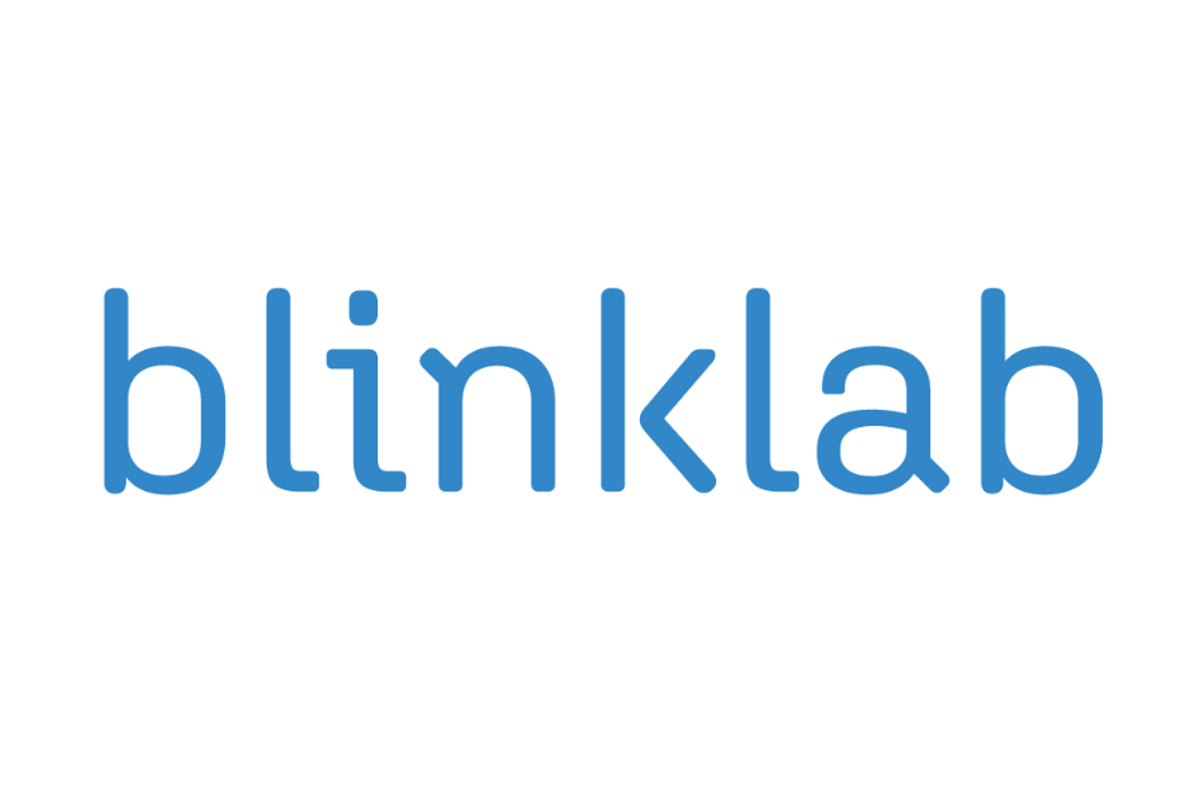
- WORLD EDITIONAustraliaNorth AmericaWorld
November 12, 2024
BlinkLab Limited (ASX:BB1) (“BlinkLab” or the “Company”), an innovative digital healthcare company developing smartphone-based AI powered diagnostic tests for neurological conditions, is pleased to announce their participation in the landmark MAGNET (Monash Autism & ADHD Genetics and Neurodevelopment) study conducted by Monash University’s School of Psychological Sciences.
Link: https://molecularautism.biomedcentral.com/articles/10.1186/s13229-021-00457-3
Highlights
- The MAGNET project is an ongoing large cohort study aiming to enrol 1,000 families with children diagnosed with only autism, only ADHD, or with both autism and ADHD.
- MAGNET is utilising a novel family-based trial design where the parents, affected child and siblings (either affected or unaffected) are all enrolled in the same study.
- The aim of the study is to identify novel data-driven autism and ADHD subtypes using deep phenotyping data, including the BlinkLab Dx 1 biomarkers, that may outperform current categorical diagnoses with potential future implications for better and more personalised autism and ADHD diagnosis and treatment.
The project will help to unravel the complex symptoms of autism and Attention Deficit Hyperactivity Disorder (ADHD), and why they overlap in some children. The data generated by the study will address several limitations of categorical conceptualisations of these conditions. It is an important step towards a more dimensional understanding of their psychopathology, leading to better diagnostic models and more personalised support for children diagnosed with autism and/or ADHD. Using BlinkLab Dx 1, we aim to complete comprehensive deep sensory phenotyping of subjects with only autism, only ADHD, or with both autism and ADHD from the large MAGNET cohort.
Significance of the Study
Autism and ADHD are neurodevelopmental conditions affecting 1-4% and 5-7% of the population, respectively. Autism is characterised by deficits in social communication, restricted and repetitive patterns of behaviour and interests and altered sensory processing, whereas ADHD is defined by hyperactivity, impulsivity and inattention. In autism, 30-80% of cases exhibit ADHD symptomatology. In ADHD, 20-50% of cases exhibit autism symptoms.
The introduction of the DSM-5 has allowed, for the first time, the concurrent diagnosis of autism and ADHD and the two conditions are now recognized to co-occur in up to 50% of cases. This co-occurrence can be associated with a more severe ADHD phenotype and higher treatment needs overall. DSM-5 is a comprehensive classification system published by the American Psychiatric Association (APA). It serves as the authoritative guide used by healthcare professionals to diagnose mental disorders.
Prepulse inhibition (PPI) is a key measure used in BlinkLab Dx 1 and is considered an effective proxy for sensorimotor gating - the brain's ability to filter out irrelevant information and prioritise what is relevant. Deficits in PPI have been observed in individuals with autism but not in those with ADHD, suggesting its potential as a tool to differentiate between these two conditions. Clinically, this distinction is crucial, as treatment, support, and care strategies differ significantly for individuals with only autism, only ADHD, or with both autism and ADHD. There is also little known about the extent to which any deficits in PPI extend to the undiagnosed family members of children with autism, ADHD, or with both autism and ADHD. The diagnostic process for these neurological conditions is time-consuming and expensive and they are both characterised by significant heterogeneity in presentation. Objective behavioural markers, like PPI, potentially will play an important role in the next generation of diagnostic pathways and personalised interventions.
Dr. Henk-Jan Boele, CEO BlinkLab, commented: “Participation in the MAGNET study will enable BlinkLab to assess how its digital biomarkers, including the PPI measure, correlate with other validated behavioural, neurocognitive, neuroimaging and, potentially, genetic markers. Using these deep phenotyping and machine learning techniques, we expect to uncover novel, homogeneous data-driven clusters and subtypes of these diseases with significant future implications for better and more personalised autism and ADHD diagnosis and treatment.”
Study Design
The MAGNET study will enrol approximately 1,000 families with children aged between 4 and 18 years of age. The study will incorporate the BlinkLab PPI measure to determine how prepulse inhibition measures vary within the different diagnostic categories (i.e. ADHD vs autism vs ADHD+autism). The results will show whether BlinkLab’s Dx1 platform can distinguish between these groups. BlinkLab Dx 1 platform will be assessed alongside other validated questionnaires and biomarkers used in the MAGNET project. A unique feature of the study design is that tests will be carried out with the diagnosed child and their family members. The data from both parents (wherever possible) will determine the degree to which BlinkLab can detect performance variation within families, and thus can serve as a proxy for familial risk for these conditions.
“From the very foundation of our technology, the BlinkLab mission was always to disrupt the traditional methods of diagnosis and categorisation of psychiatric and neurodevelopmental conditions. Using more objective methods will lead to more personalised treatments and interventions. Participation in this landmark study with world- leading researchers and authorities in the field of autism and ADHD, is a testament to our mission and hard work by our team,” commented CEO of BlinkLab, Dr Henk-Jan Boele.
Lead researcher Professor Mark Bellgrove of Monash University’s School of Psychological Sciences said that he is delighted to collaborate with BlinkLab on the MAGNET study. “BlinkLab’s innovative digital technologies make it easy for the children and families enrolled in the study to provide critical data. This will hopefully lead to better outcomes for future families and children affected by these two complex and challenging conditions.”
Click here for the full ASX Release
This article includes content from Blinklab Limited, licensed for the purpose of publishing on Investing News Australia. This article does not constitute financial product advice. It is your responsibility to perform proper due diligence before acting upon any information provided here. Please refer to our full disclaimer here.
BB1:AU
The Conversation (0)
25 September 2024
BlinkLab Limited
Revolutionising Mental Health Care Through Mobile Solutions
Revolutionising Mental Health Care Through Mobile Solutions Keep Reading...
01 May 2025
Successful Placement of A$7.66M to Underpin Growth Strategy
BlinkLab Limited (BB1:AU) has announced Successful Placement of A$7.66M to Underpin Growth StrategyDownload the PDF here. Keep Reading...
29 April 2025
Trading Halt
BlinkLab Limited (BB1:AU) has announced Trading HaltDownload the PDF here. Keep Reading...
27 April 2025
Quarterly Activities/Appendix 4C Cash Flow Report
BlinkLab Limited (BB1:AU) has announced Quarterly Activities/Appendix 4C Cash Flow ReportDownload the PDF here. Keep Reading...
31 March 2025
BlinkLab Surpasses Key Milestone in Pivotal U.S. Trial
BlinkLab Limited (BB1:AU) has announced BlinkLab Surpasses Key Milestone in Pivotal U.S. TrialDownload the PDF here. Keep Reading...
30 March 2025
Trading Halt
BlinkLab Limited (BB1:AU) has announced Trading HaltDownload the PDF here. Keep Reading...
04 February
AI Infrastructure Moving to the Edge to Transform User Experience
While the first phase of the AI gold rush was defined by massive investments in centralized data centers, 2026 is about proving those billions can translate into fast, reliable AI that people will use every day. One Canadian startup, PolarGrid, is betting that the answer lies at the edge rather... Keep Reading...
29 January
Quarterly Activities/Appendix 4C Cash Flow Report
Unith (UNT:AU) has announced Quarterly Activities/Appendix 4C Cash Flow ReportDownload the PDF here. Keep Reading...
20 January
The Performance Chasm: Is the AI Rally Over or Just Shifting Gears?
The investment landscape of 2025 will be remembered for its historic divide, where the widespread boom in artificial intelligence (AI) created a tale of two worlds in the stock market.On one side, the Magnificent 7 and specialized players like Palantir Technologies (NASDAQ:PLTR) drove massive... Keep Reading...
20 January
Nextech3D.ai Scales National Event Infrastructure to 35 Major U.S. Cities; Launches 58 New AI-Ready Experiences to Meet Enterprise Demand
Strategic Integration of Generative AI 'Semantic Memory' via OpenAI and Pinecone Vector Database Supports Rapid Expansion of Corporate Engagement Platforms TORONTO, ON / ACCESS Newswire / January 20, 2026 / Nextech3D.ai (OTCQB:NEXCF)(CSE:NTAR,OTC:NEXCF)(FSE:1SS), a leader in AI-powered event and... Keep Reading...
16 January
Tech Weekly: Chip Stocks Soar on Taiwan Semiconductor Earnings
Welcome to the Investing News Network's weekly brief on tech news and tech stocks driving the market. We also break down next week's catalysts to watch to help you prepare for the week ahead.Don't forget to follow us @INN_Technology for real-time news updates!Securities Disclosure: I, Meagen... Keep Reading...
16 January
Nextech3D.ai Partners with BitPay to Power Crypto and Stablecoin Payments for Events
Company Strengthens Event Tech Infrastructure with Milestone AWS Migration and Enhanced Blockchain CredentialingAWS Cloud Infrastructure OptimizationSmart Contract UniformityFlexible Asset Standards ERC721/ ERC1155 TORONTO, ON AND NEW YORK CITY, NY / ACCESS Newswire / January 16, 2026 /... Keep Reading...
Latest News
Interactive Chart
Latest Press Releases
Related News
TOP STOCKS
American Battery4.030.24
Aion Therapeutic0.10-0.01
Cybin Corp2.140.00
